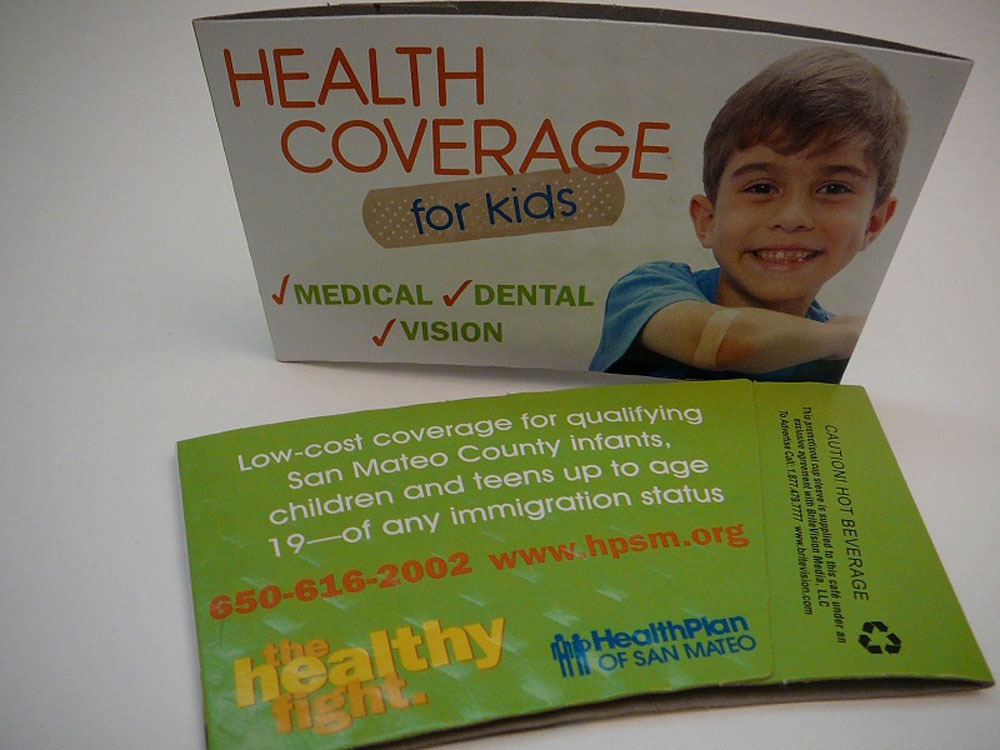
July 23, 2020; Ophthalmology Times
With so many Americans unemployed, is the number of uninsured Americans rapidly rising?
As of June, the answer appears to be “not yet,” despite over 20 million unemployed Americans. The Urban Institute estimates that as many as 10 million Americans could lose their employer-sponsored health insurance by the end of 2020, but about two-thirds would find alternative coverage, leaving an additional 3.5 million Americans uninsured.
More data is available from two recent surveys from the Urban Institute and Commonwealth Fund, which find that, thus far, the rate of uninsured adults between the ages of 18 and 64 remains stable at between 12.6 and 12.8 percent.
The Urban Institute, with support from the Robert Wood Johnson Foundation, compared data from its Coronavirus Tracking Survey, fielded May 14 through May 27, 2020, with data from the Health Reform Monitor Survey (HRMS), fielded March 25 through April 10, 2020. The findings indicate:
- Adults in families losing jobs experienced a 4.9 percentage-point decline in employer-based insurance, from 59 percent to 54.1 percent. At the same time, private nongroup coverage, which can be purchased through ACA market exchanges, increased 3.5 percentage points, from 7.9 percent to 11.4 percent.
The researchers broke these findings down according to states that have expanded Medicaid under the Affordable Care Act (ACA) and those that have not.
- In Medicaid expansion states, those who lost jobs reported a 4.2 percent decline in employer-based coverage, from 61.2 percent to 56.9 percent. The share of adults with Medicaid/CHIP (Children’s Health Insurance Program) coverage increased two percentage points, from 14.5 percent to 16.5 percent. The overall rate of uninsured stayed unchanged.
- In non-expansion states, the rate of uninsured adults crept up 1.3 percent, from 15.7 percent to 17 percent. For adults who lost their jobs, employer-based coverage fell by 6.2 percent, from 54.2 percent to 48 percent. Private nongroup coverage increased by seven percentage points.
In its survey, the Commonwealth Fund found that of the 21 million Americans who lost jobs between February and May, 41 percent (8.4 million) reported having had insurance through their employer. Of these, 20 percent, or 1.6 million, reported they or their spouse were now uninsured.
Sign up for our free newsletters
Subscribe to NPQ's newsletters to have our top stories delivered directly to your inbox.
By signing up, you agree to our privacy policy and terms of use, and to receive messages from NPQ and our partners.
White workers were far more likely to have employer-based insurance. Of respondents, 56 percent of those who lost a job with employer-based insurance were white, 23 percent Latinx, and 15 percent Black. About a third of those who lost their jobs due to the pandemic were uninsured already, an indicator that many of those who have lost employment were employed in low-wage occupations.
Researchers at the Commonwealth Fund and the Urban Institute note that some of the stability in insurance coverage may be related to large numbers of furloughed employees who were still receiving insurance coverage. If those job losses become permanent, the rate of uninsured Americans is likely to rise.
At the same time, it is notable that the ACA, which the Trump administration is trying to dismantle, has provided a relatively strong safety net. As the Urban Institute researchers note, many of those who lost their employer-based insurance, particularly in states that have expanded Medicaid, were able to find alternative coverage.
Federal and state policymakers could take actions to improve access to coverage, particularly in the face of high unemployment. The Commonwealth Fund makes several recommendations, including:
- Mount an aggressive advertising and outreach effort to notify those who lose their employer-based coverage that they may be eligible for Medicaid or for subsidized plans through ACA marketplaces.
- For states that have not expanded Medicaid, design a federal insurance option for the more than two million very poor people who have no affordable options.
- Enhance and extend marketplace subsidies to make plans more affordable.
Some of these policy proposals are included in the HEROES Act, the relief package passed by the House but stalled in the Senate. That legislation would increase the Medicaid matching rate for states (increasing the portion paid by the federal government), establish special enrollment periods for Medicare and the marketplaces, and increase outreach and enrollment assistance. It would also cover 100 percent of premiums for coverage until January 31, 2021, for newly furloughed or unemployed workers and their families.
As high rates of unemployment strain our healthcare system, more Americans are asking why health coverage is tied to employment in the first place. The Commonwealth Fund found that survey respondents across race and political affiliation strongly agreed that whether or not employer-based insurance is offered, everyone should have the option to buy similar coverage at a similar cost through government-regulated and government-subsidized health plans. Delinking employment from health coverage could be the best thing that results from COVID-19.—Karen Kahn













